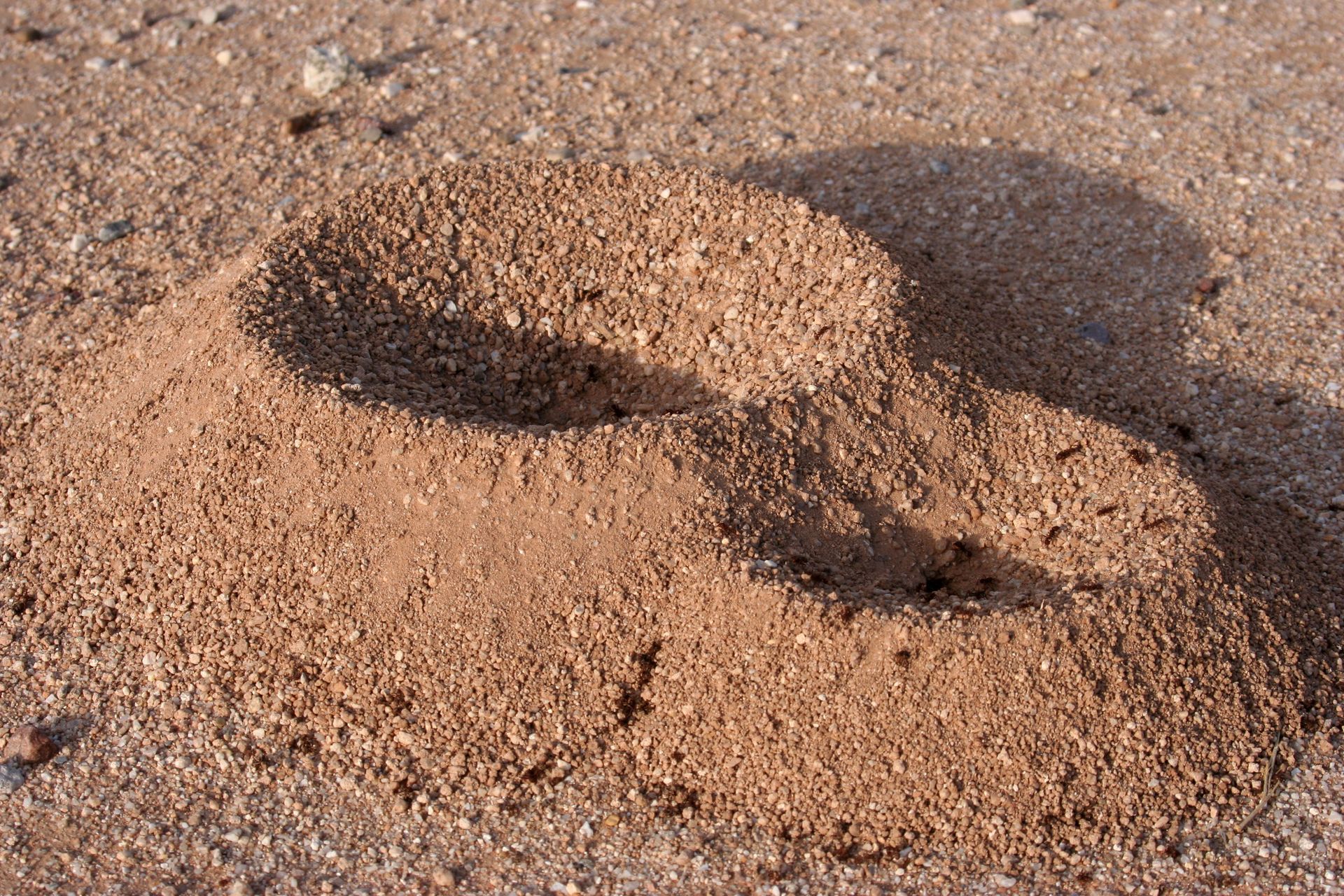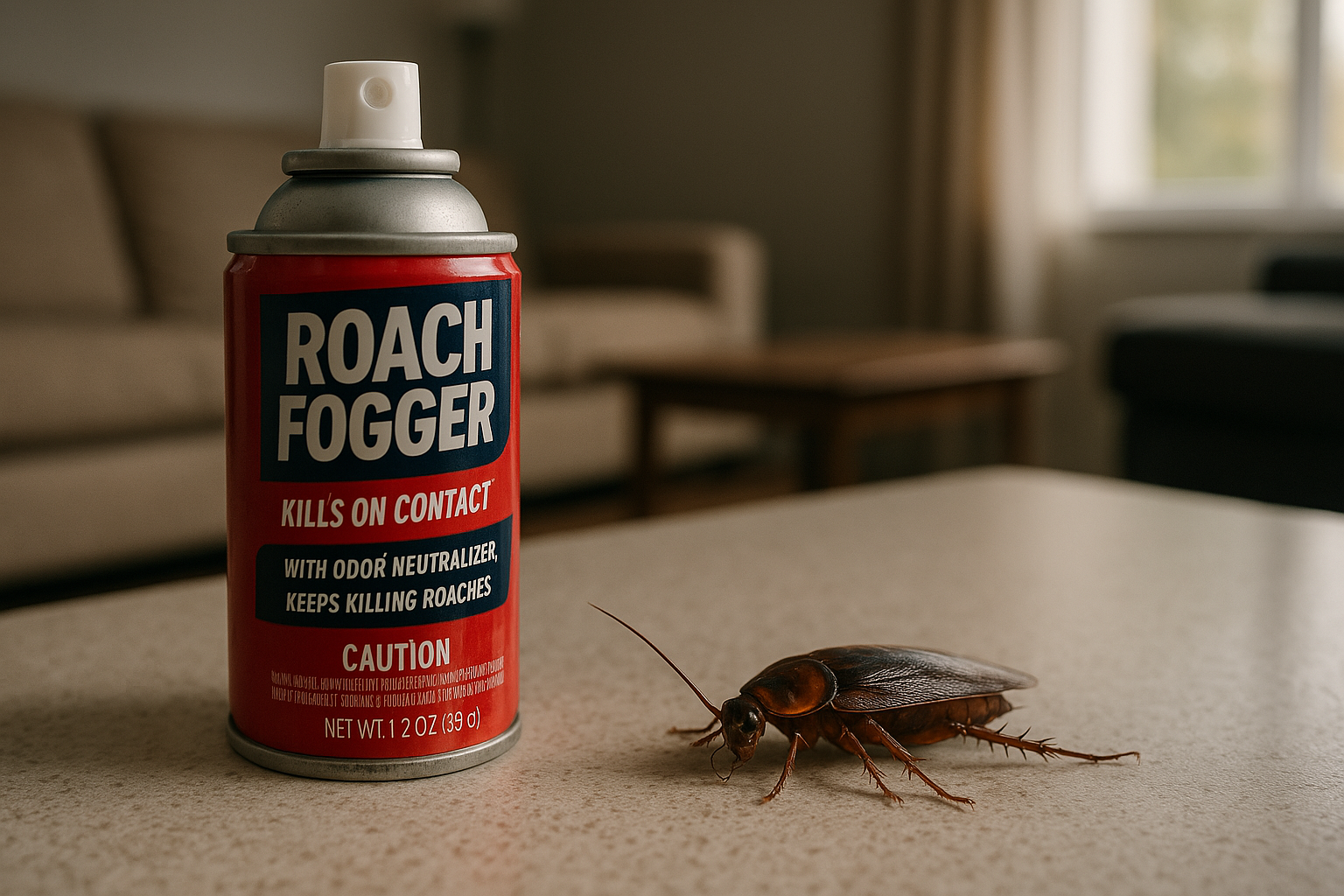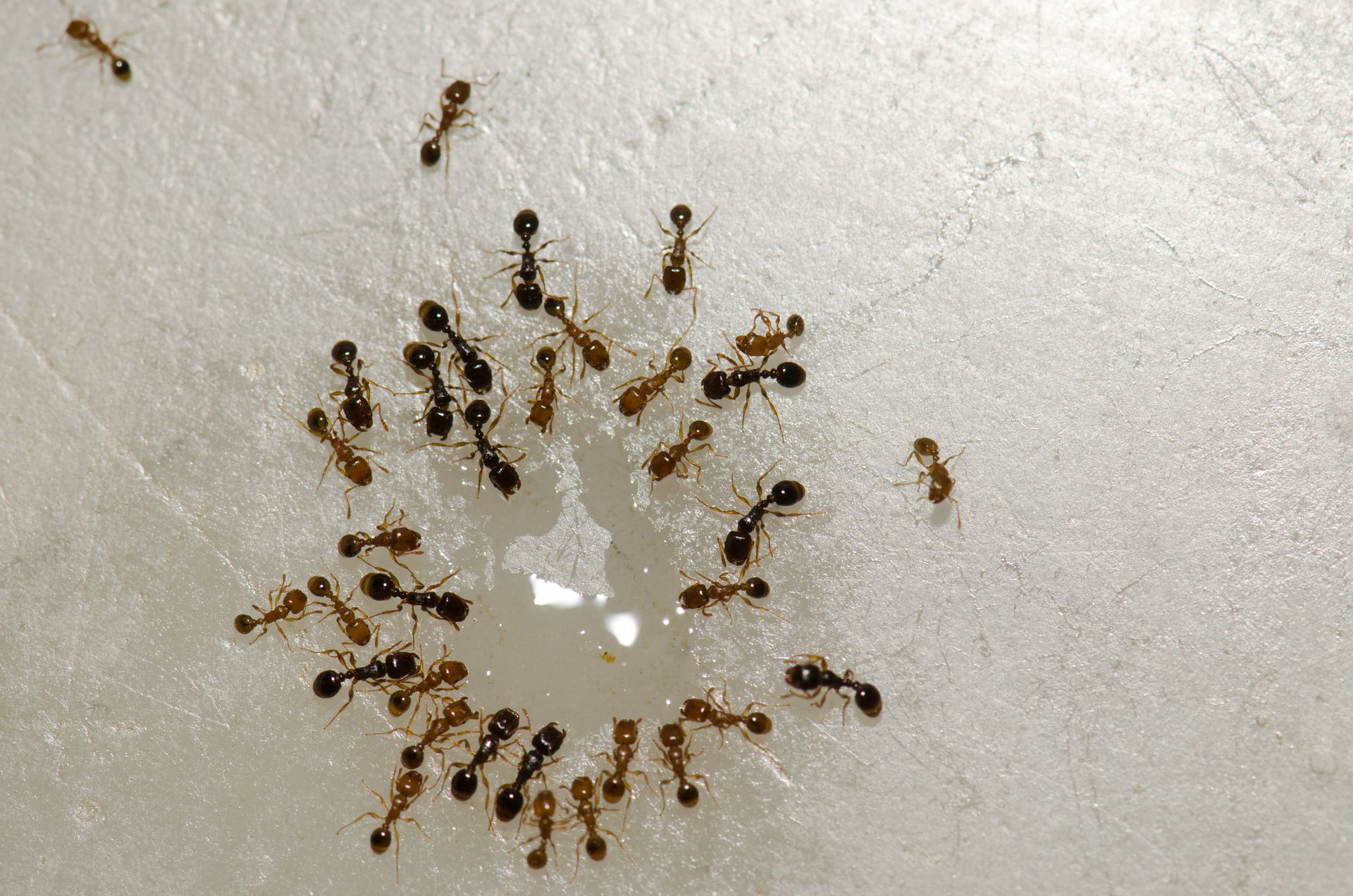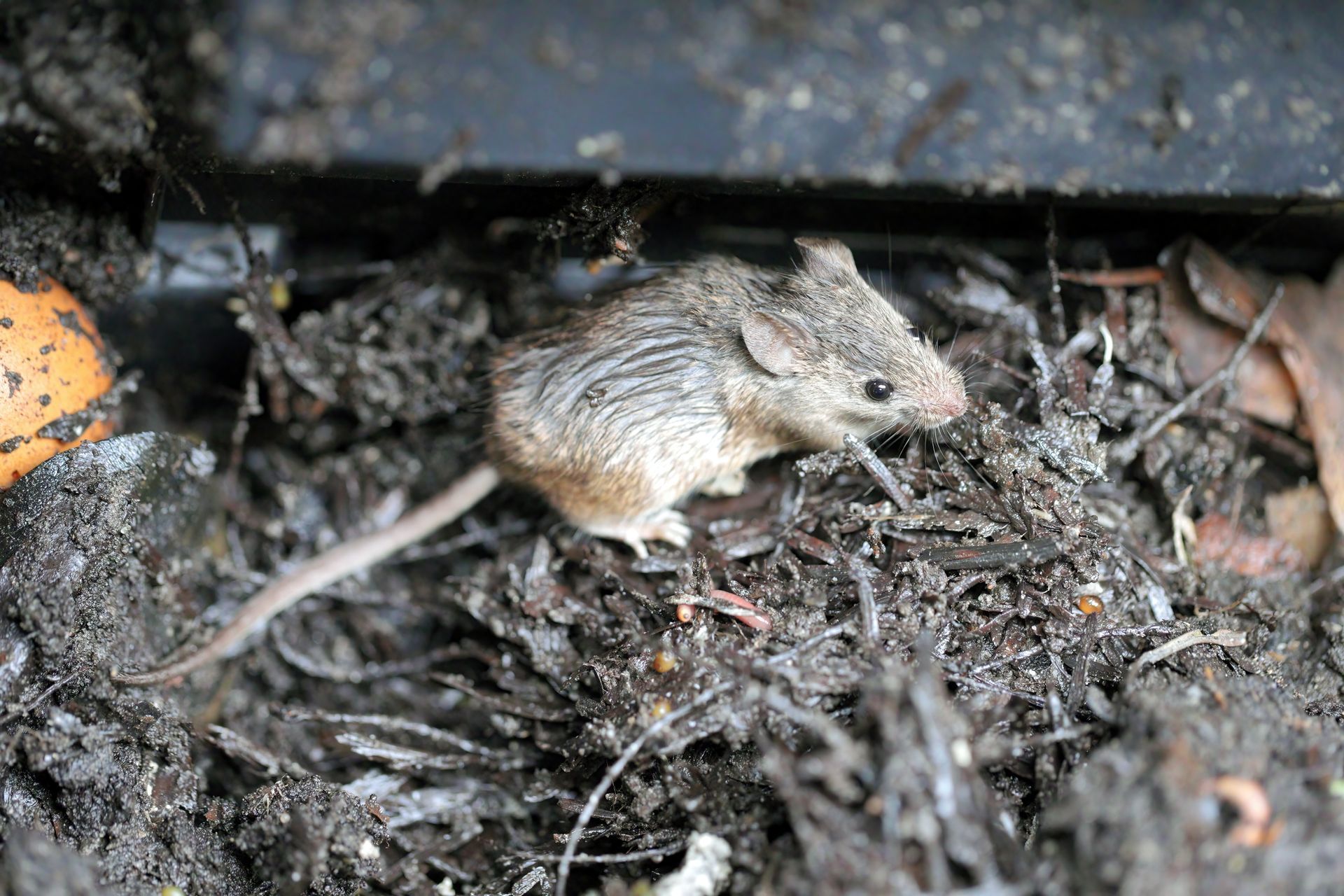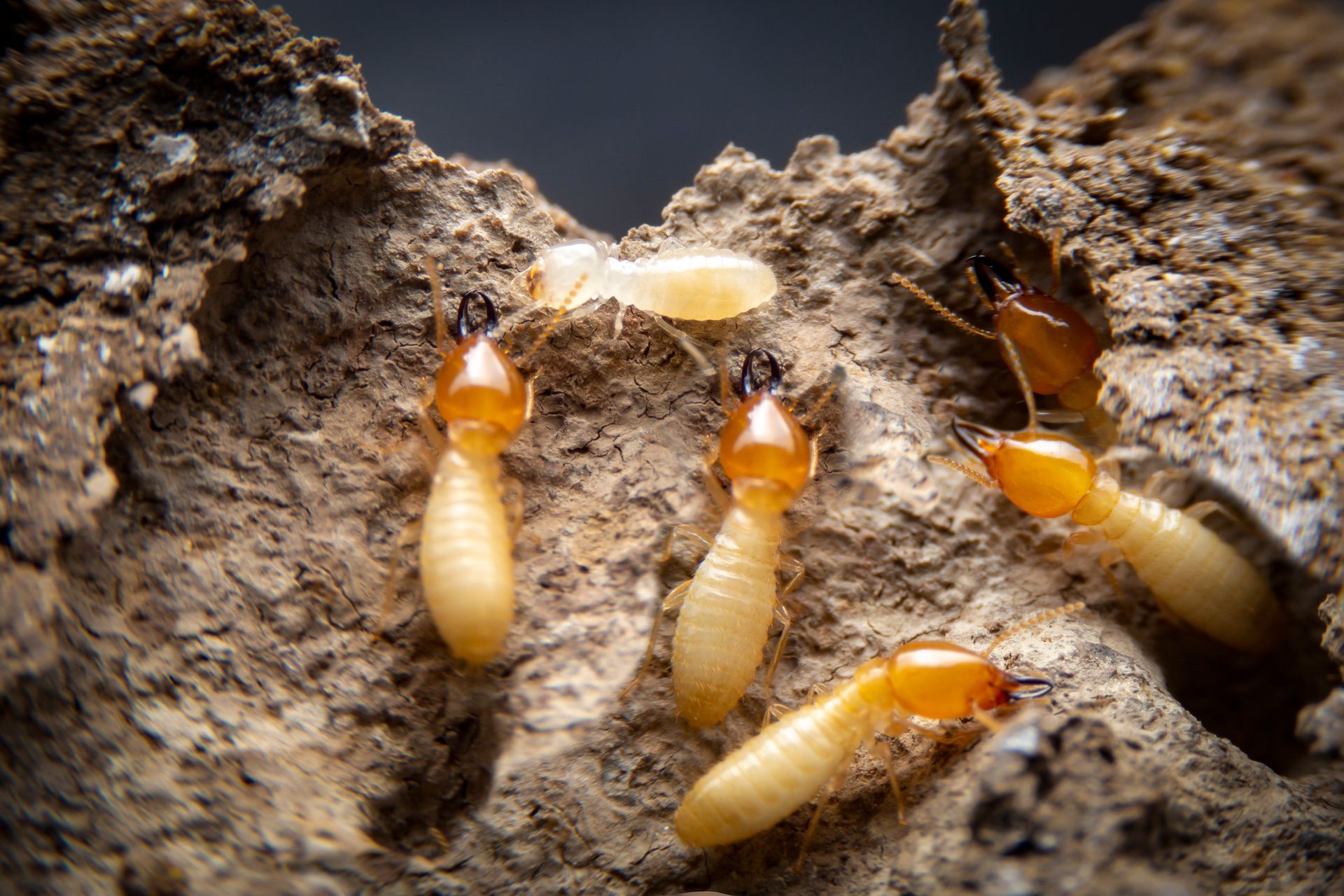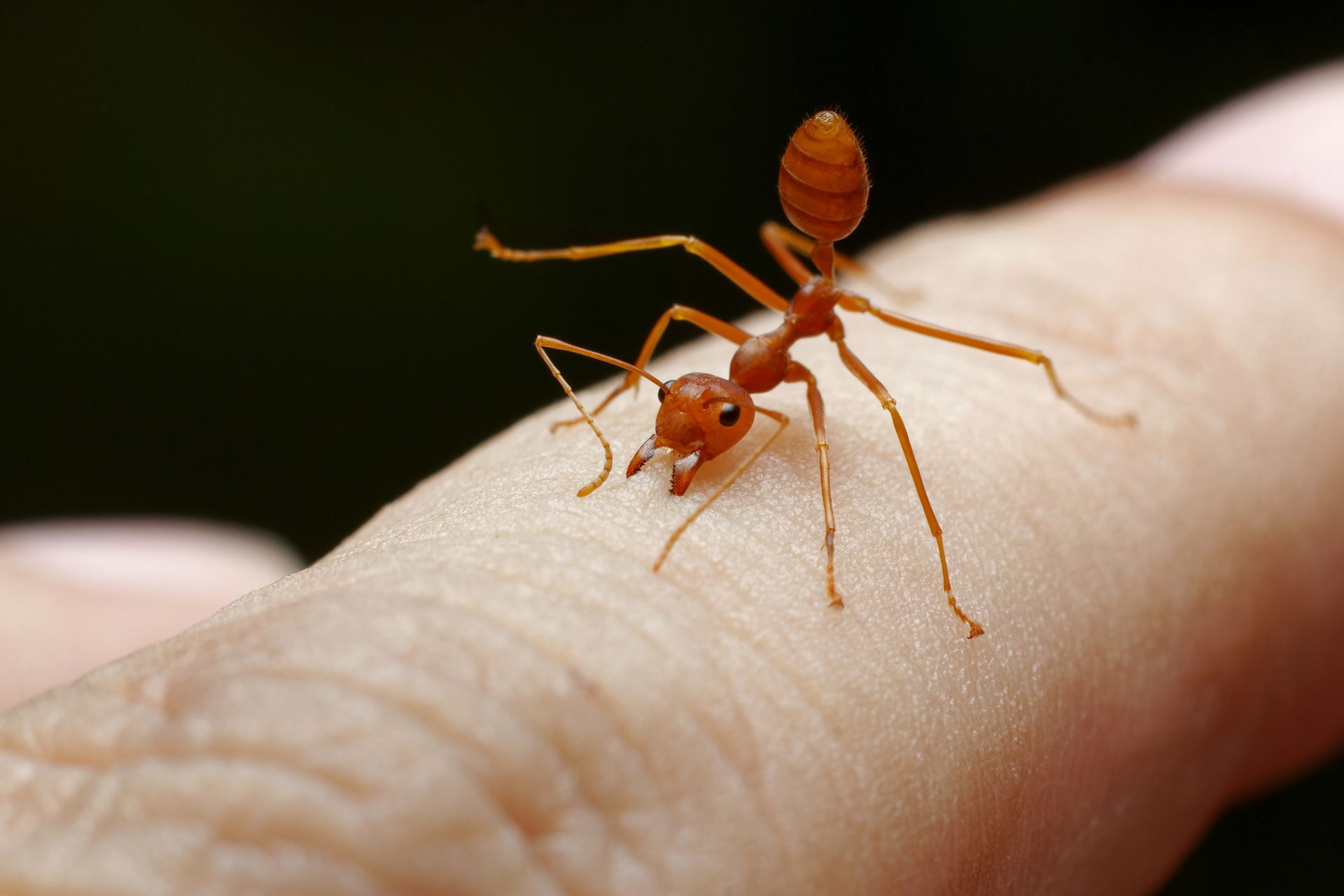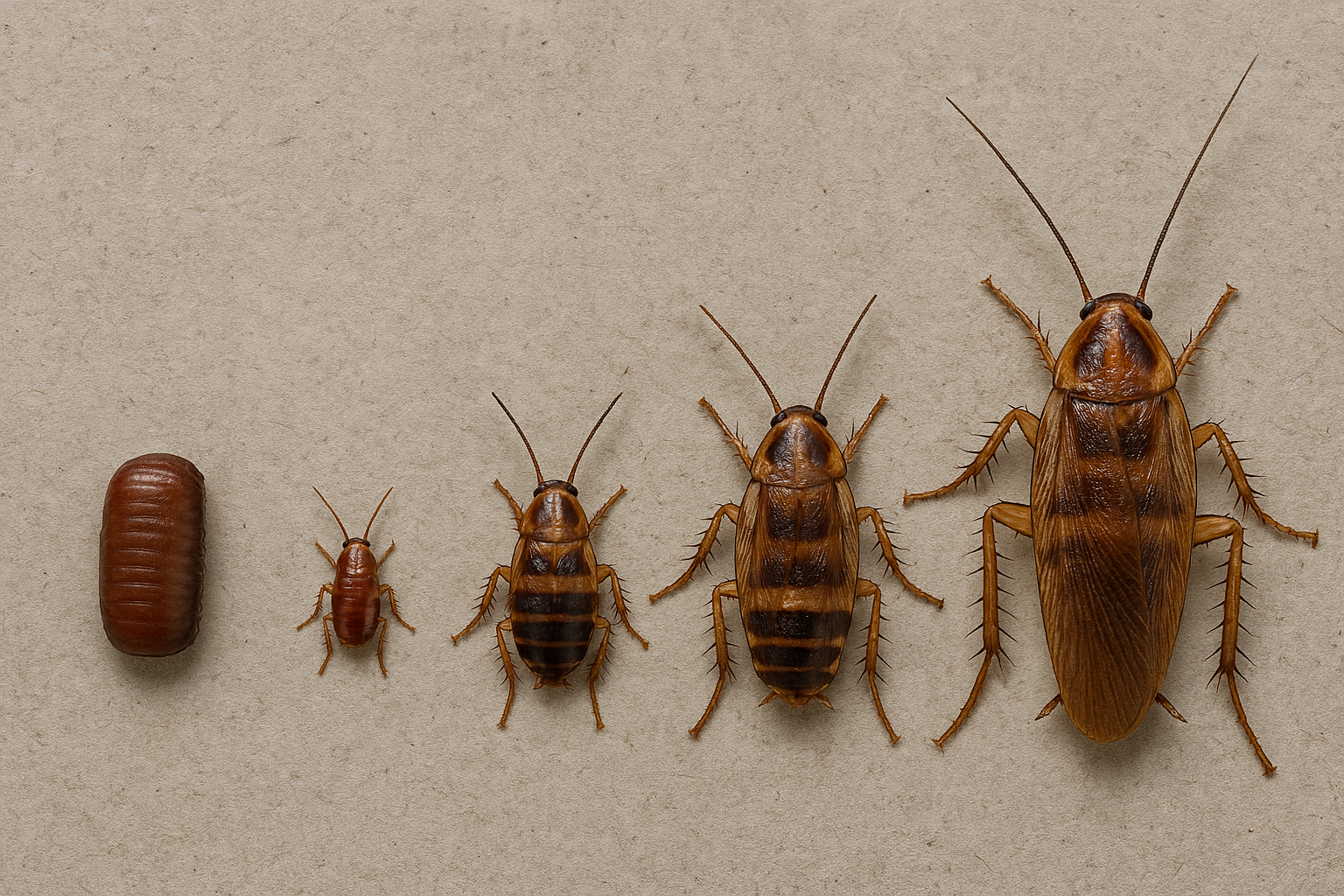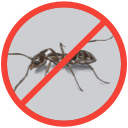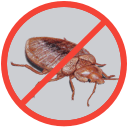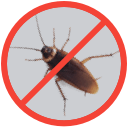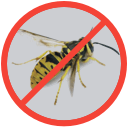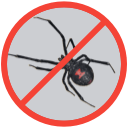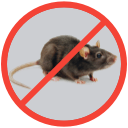Are Bed Bugs Dangerous to Humans?
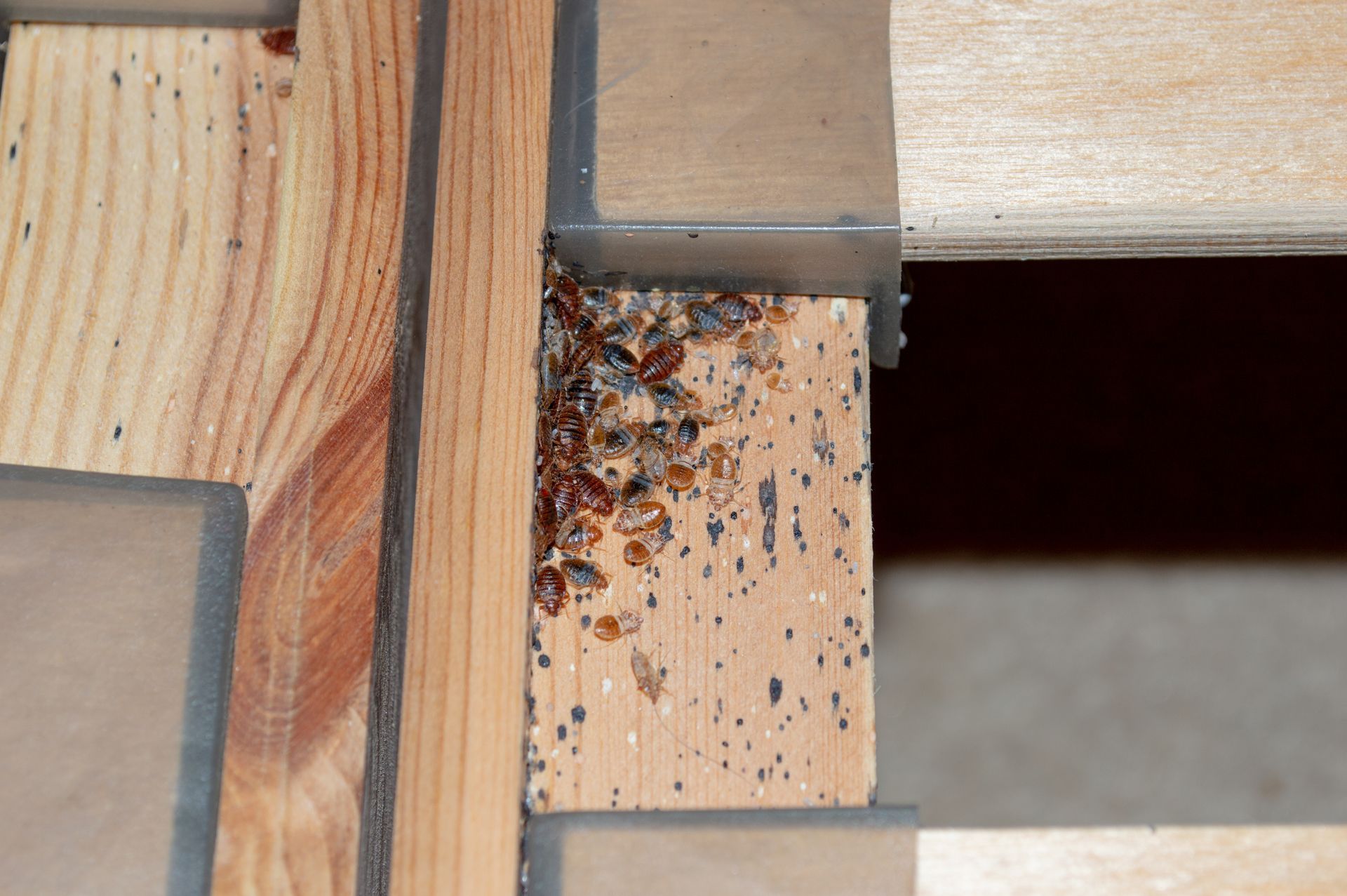
Bed bugs have been relying on humans as their primary food source for millennia. These tiny, flat parasites predominantly feed on human blood and then take shelter in the crevices of our mattresses, box springs, and bed frames. A female bed bug can produce hundreds of offspring during her roughly 300-day lifespan. Each feeding provides an adult female bed bug with enough nutrition to lay another batch of eggs. This can result in a serious infestation if appropriate steps are not taken quickly.
It's important to note that the presence of bed bugs is not indicative of cleanliness. Bed bugs can be found anywhere from pristine resorts to homes in need of serious repair. Bed bugs are a horrible problem to deal with but at least they’re not a vector for disease. That doesn’t mean that they are not a significant threat to a home’s health. Their bites can cause clusters of itchy red bumps and other issues like insomnia and PTSD. If you are dealing with bed bugs, contact EcoGuard Pest Management to schedule an inspection.
Do Bed Bugs Spread Disease?
Bed bugs are notorious for their bites and nighttime predatory behavior but are not known to transmit diseases to humans. Most people just have some sort of mild allergic reaction to the chemical anesthetic bed bugs secrete when feeding. This secretion helps bed bugs prevent detection but also causes a reaction to their bites that present as itchy red welts. In some cases, these itchy welts can lead to excessive scratching and possible secondary skin infections. When it comes to direct disease transmission, research has shown bed bugs can carry certain bacteria or viruses after feeding on an infected person. However, they have not shown the ability to transmit these pathogens to others when feeding on new hosts.
What Health Risks do Bed Bugs Pose?
Bed bugs don’t transmit diseases, but they can cause other adverse health problems.
- Bites and Skin Reactions: Bed bugs inject an anesthetic and anticoagulant when they bite which helps them go unnoticed. Most people have a reaction to that chemical and develop a cluster of red, itchy bumps or welts within a few days. These welts can persist for two or more weeks which can result in excessive scratching. Scratching can cause a bite to become infected with symptoms that include pain, swelling, redness, pus, and fever. Topical or oral antibiotics may be required.
- Allergic Reactions: Some individuals can experience severe allergic responses that include symptoms like intense itchiness, painful swelling, fever, blisters, hives, and anaphylaxis. Anaphylaxis can be a life-threatening allergic reaction that results in vomiting, difficulty breathing, seizures, and swelling of the throat.
- Mental Health Impacts: The presence of bed bugs can lead to significant psychological distress which is a result of knowing you are being fed on while you sleep. Symptoms include poor sleep quality, anxiety, depression, and post-traumatic stress disorder (PTSD).
Are Bed Bugs Dangerous to Pets?
Bed bugs typically feed on humans and are not interested in feeding on pets like cats or dogs. The primary concern for pet owners isn't the bed bugs themselves, it’s the methods used to eradicate them. It’s important to choose bed bug treatments that won't harm pets when addressing a bed bug infestation in a household. Some pesticides can cause severe reactions in pets resulting in symptoms like excessive drooling, coordination issues, muscle tremors, and vomiting. Even pesticides deemed safe for humans might still adversely affect pets so pet owners should consider safer alternatives for bed bug treatment options. Using steam, heat, traps, or other pet-friendly insecticides can help ensure the well-being of any household pets during bed bug treatment.
Will Bed Bugs Damage a Home and Furnishing?
Bed bugs are primarily recognized for their nocturnal biting habits, but they can also inflict noticeable damage on homes and furnishings. These pests can damage the appearance of items like bedsheets, mattresses, carpets, walls, and curtains by leaving blood and fecal stains on them. Additionally, they shed their skins which can accumulate on various surfaces and trigger an allergic response. As a bed bug infestation grows, homeowners could face substantial costs in replacing infested furniture and other household items. Given the potential for both health risks and property damage, it's important for those facing a bed bug problem to act swiftly. Seeking professional pest control services can help mitigate the spread and impact of these pests in the home.
What Are Signs of a Bed Bug Infestation?
Being able to spot the signs of a bed bug infestation dramatically increases the likelihood of preventing exposure and transmission. While itchy welts on exposed skin are the most common indicator, they might not appear for several days. It's important to know what to look for to help prevent bed bugs.
- Physical Evidence of Bugs: Active bed bugs crawling around a mattress or bed sheets
- Exoskeletons: Molted skins of adolescent bed bugs
- Stains and Droppings: Fecal stains that look like brown or black spots in the seams of the mattress
- Eggs: Extremely small eggs that resemble fine salt
How to Prevent Bed Bugs
Preventing bed bug infestations all together is important given their ability to spread easily through shared spaces, public transportation, and even places like cinemas. Being proactive can significantly reduce the chance of bringing these pests into your home. Here are some effective ways to prevent bed bugs:
- Regular Inspections: Examine the seams of upholstery and mattresses for any signs of bed bugs, especially when in shared accommodations like hotels, motels, and Airbnb’s.
- Routine Cleaning: Vacuum rugs and steam upholstery on a regular basis to eliminate any potential bugs or eggs.
- Be Cautious with Second-hand Items: Avoid second-hand furniture or clothing as they could contain dormant bed bugs and eggs.
- Use Protective Covers: Utilize bed bug proof mattress and pillow covers to contain infested mattresses and keep bed bugs visible for treatment.
By adhering to these preventive measures, you can significantly reduce the likelihood of facing a bed bug infestation in your living space.
Contact EcoGuard Pest Management if You Are Dealing with Bed Bugs
Dealing with bed bugs can be a difficult and stressful experience due to the resilience of bed bugs. EcoGuard Pest Management is here to assist you every step of the way. Our team of experienced bed bug exterminators utilizes effective solutions that prioritize the safety of your home and the environment. If you suspect a bed bug infestation, call immediately. Reach out to EcoGuard Pest Management today and let us help you restore peace and comfort to your home.


